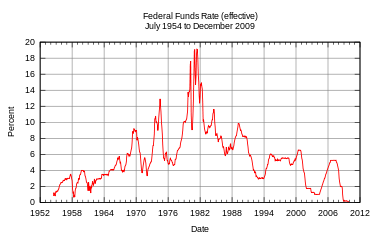NW-Bound
Give me a museum and I'll fill it. (Picasso) Give me a forum ...
- Joined
- Jul 3, 2008
- Messages
- 35,712
I usually have more than that, but now realize that it is not a good thing.I use BoA, ING and Edward Jones for cash. I would like to keep about $40k in my current accounts, even at 0% interest.
I always had too much cash on hand when I was working, but that was because of poor money management. I was too busy with work, and kept telling myself I would find a place for it, while it was piling up at my BofA checking account. They love me!It appears some of you don't subscribe to keeping 1, 2 even 3 years of cash on hand once you retire. I only kept an emergency fund when I was working, now I've let cash grow to 2-3 years worth of annual expenses...
But now that I have more time to arrange my finances better, it is certainly worth my time to put that money into a better place. Even at 1%, a 1-yr annual expense will get you some money worthwhile, all for a few extra mouse clicks to transfer money as you need it. All that extra interest money I let past my loose grip. Dumb!
I have a few years of expenses accumulated in his/her I-bonds (to get 2x the limit), and I count them as cash under Quicken, but I cannot bear to part with them, now that there's no way I can earn that interest elsewhere. And then, all the accrued interest over the years would get me a tax hit if I redeem.
I do this frequently but learned the hard way with Band of America because they charge a fee to transfer funds. So, the way out of this is to request the transfer through ALLY. So when I want to transfer funds from BOA to ALLY, I ask ALLY to request the funds from BOA. No fee. Also, I have noticed that funds requested by ALLY from BOA only take two days as opposed to three days. Maybe not guaranteed, but common.
I transfer funds between my BOA checking account and my Fidelity accounts all the time. I always initiate it from Fidelity, so I've never paid a fee.
Interesting! We have had the same BOA checking account for 25 years, and use it as a hub to transfer money between about 6 or 7 other accounts or brokerages.
Yet, as I always do it from the other sides, I never knew about BOA charging a fee if I do it from their side!
Last edited:


